Netherlands still pushes stick for Schengen membership Bulgaria
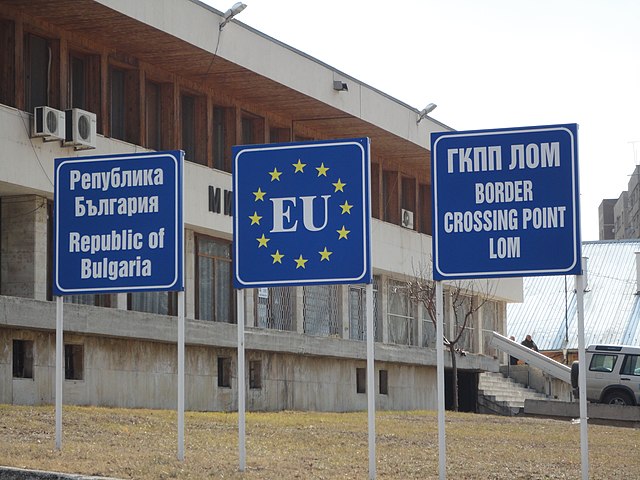
Photo: Border crossing between Romania and Bulgaria near Lom - Wikimedia Commons Bulgaria, Romania and Croatia were all set to join the Schengen zone, which allows free movement of people and goods between members, on 1 January 2023. However, in November 2022, the Netherlands and Austria vetoed the accession of Bulgaria, Austria as [...]
The 16th edition of the social democratic 'Summer Camp' in northern Macedonia
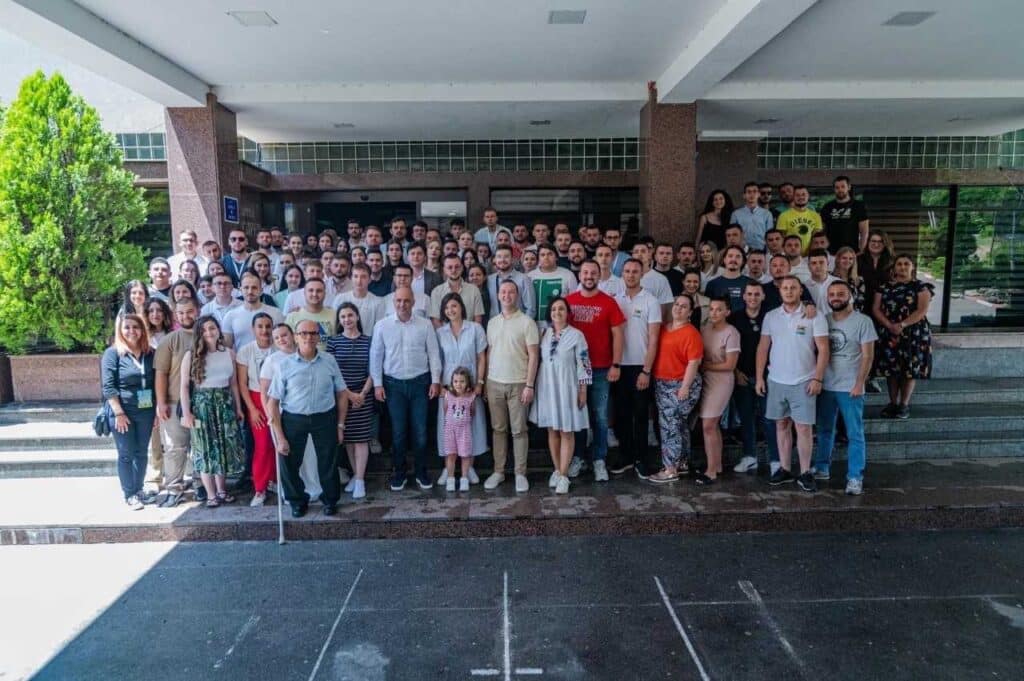
In northern Macedonia, Foundation Max van der Stoel is working with the Progress Institute for Social Democracy, an institute affiliated to the Social Democratic Union of Macedonia (SDSM). As Macedonia has resumed its journey towards democracy and EU accession after a parliamentary crisis in 2017, it is important that international partners continue their support. Partly [...]
Visit from the Balkans
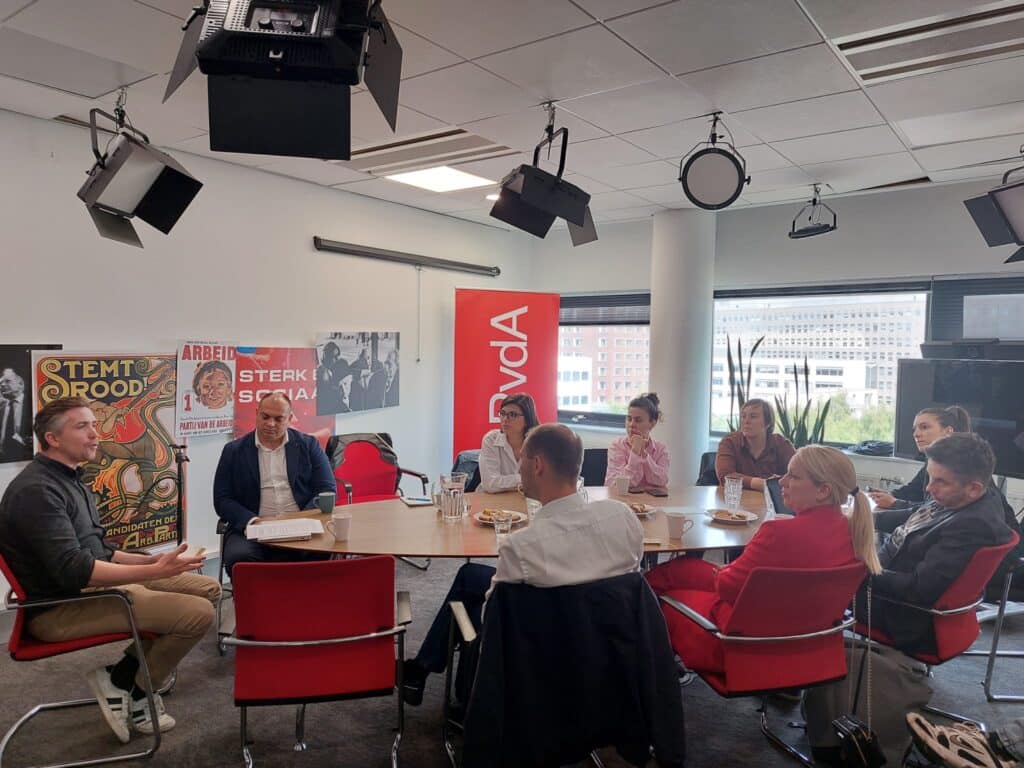
On Tuesday 3 July, Foundation Max van der Stoel was visited by prominent members of social democratic parties from Southeast Europe who were in The Hague for a working visit focused on political integrity, at the initiative of the North American National Democratic Institute (NDI). The Southeast European attendees included NDI staff, party officials, and councillors from the [...]
EU milestones in Bosnia and Kosovo underline importance of European engagement
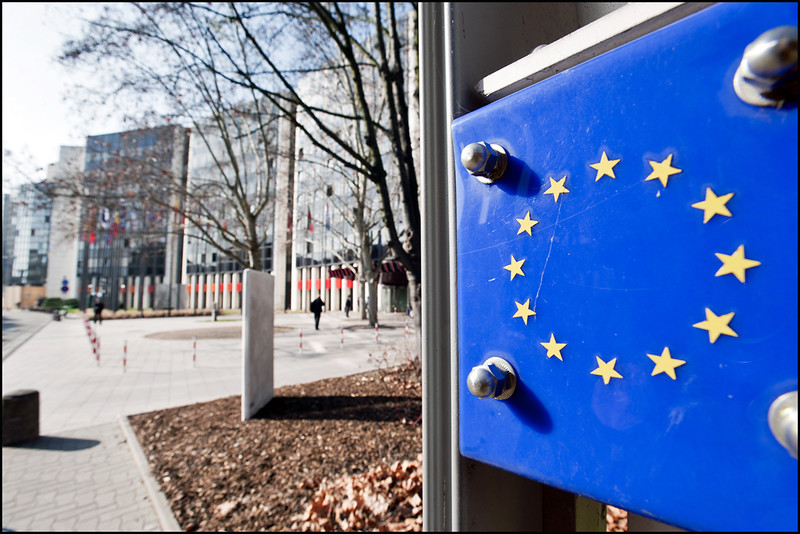
Photo: The European Parliament in Strasbourg, France (Flickr) After a long period of limbo, the war in Ukraine brought a turnaround in European efforts to integrate the Western Balkans into the EU. Bosnia and Herzegovina is the next country to take a step towards EU membership. At the same time, Kosovo is also trying to make a [...]
Approaching winter opens Europe's gas labyrinth
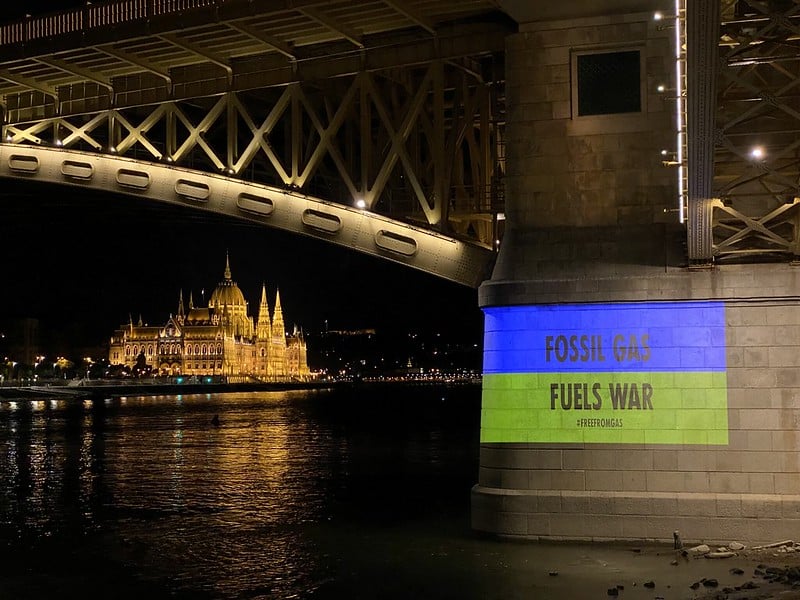
As winter approaches, European countries are increasingly concerned about where their energy should come from. While Hungary, Serbia and Turkey are negotiating to open Russia's gas tap, other countries are instead relying on their neighbours' reserves. Last week, available [...]
"It showed that there are people who are not afraid": Impressions from EuroPride 2022 in Belgrade
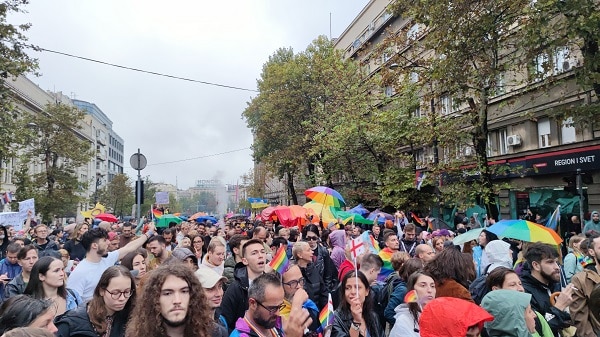
In spite of an initial ban by the Serbian government, Saturday 17 September saw thousands walk through Belgrade in the first EuroPride march ever in the Western Balkans. Despite attempts at stirring trouble, the historic parade took place without major incidents. Despite the rain, thousands marched in Belgrade on Saturday. Picture by Miloš Đajić. The announcements [...]
After 3 years, the FMS says goodbye to Remy van Aanholt
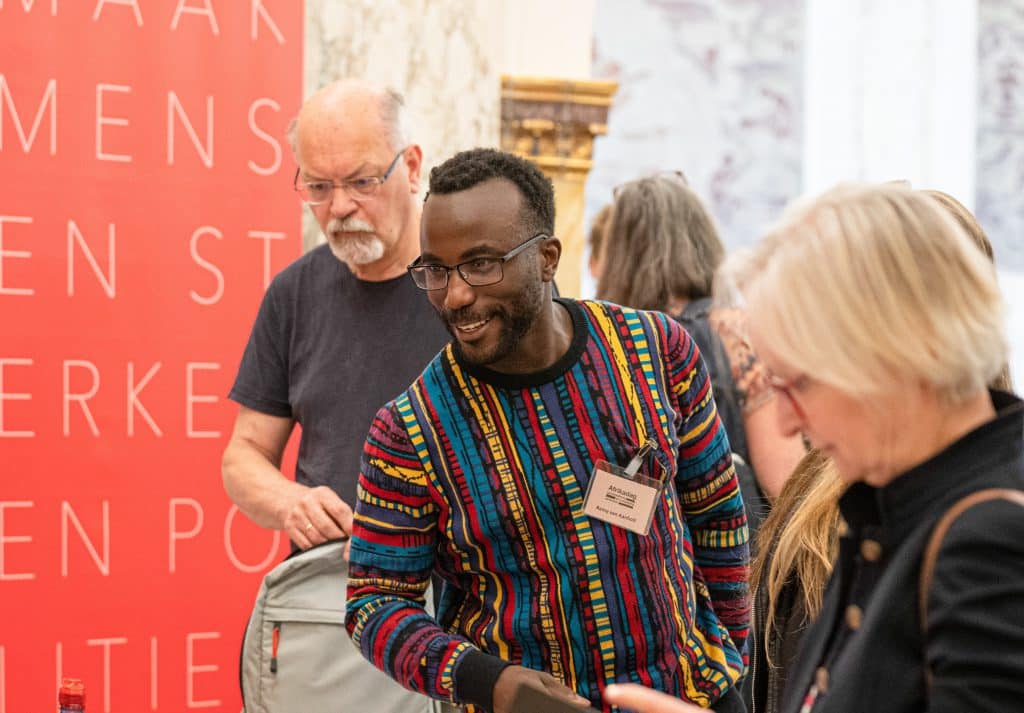
After three wonderful years, Remy has decided to realise his ambitions for a fairer world in another workplace. From 1 August, he will start working at the Judicial Council in The Hague. It is with pain in his heart that he is leaving the FMS, as these were three special years. On his last day at the office, Remy looks back on this, in a candid conversation with colleague Max Landheer.
A concrete perspective is necessary for EU integration of the Western Balkans
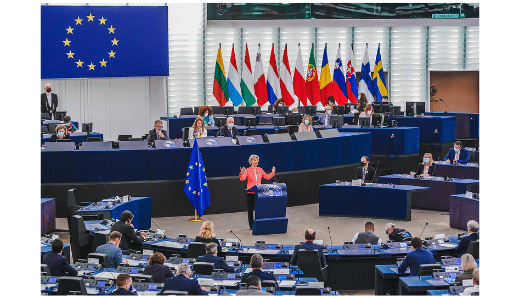
It has been almost 20 years since the EU met in Thessaloniki, Greece, in June 2003 to discuss the integration of the Western Balkans. This included a promise that Albania, Bosnia & Herzegovina, northern Macedonia, Serbia, Montenegro and Croatia would have a clear perspective towards EU membership. After two decades, only Croatia joined in 2013 - the other countries are still in the waiting room, leading to great frustration.
Autocratic leaders in Serbia and Hungary record major election victory
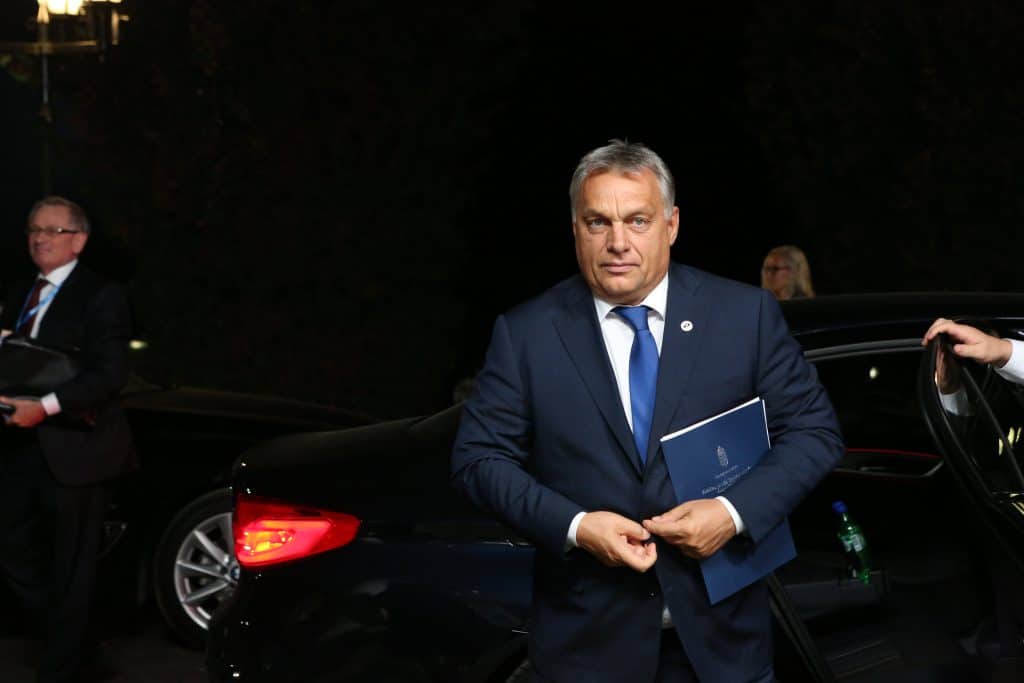
Pro-European, democratic parties in Eastern Europe are suffering a setback after autocratic incumbents in both Hungary and Serbia won major electoral victories. Parliamentary elections were held in both countries on Sunday 3 April. In addition, presidential and local elections also took place in Serbia. The elections were characterised by an uneven playing field between the rulers Orbán (Hungary) and Vučić (Serbia), and the opposition. In both countries, the opposition was united but failed to achieve any successes.
Macedonian ruling coalition favourite to win presidential election amidst ellegularities

On 13 April Macedonia will go to the polls to elect a new president. The top two contenders will compete against each other in a second round on 27 April. Four candidates are in the race to become Macedonia's largely symbolic Head of State. On 27 April, Macedonian's will also vote for parliament in the early general elections. The general elections are considered more important as they will determine who will become the most powerful person in the country, the Prime Minister.

